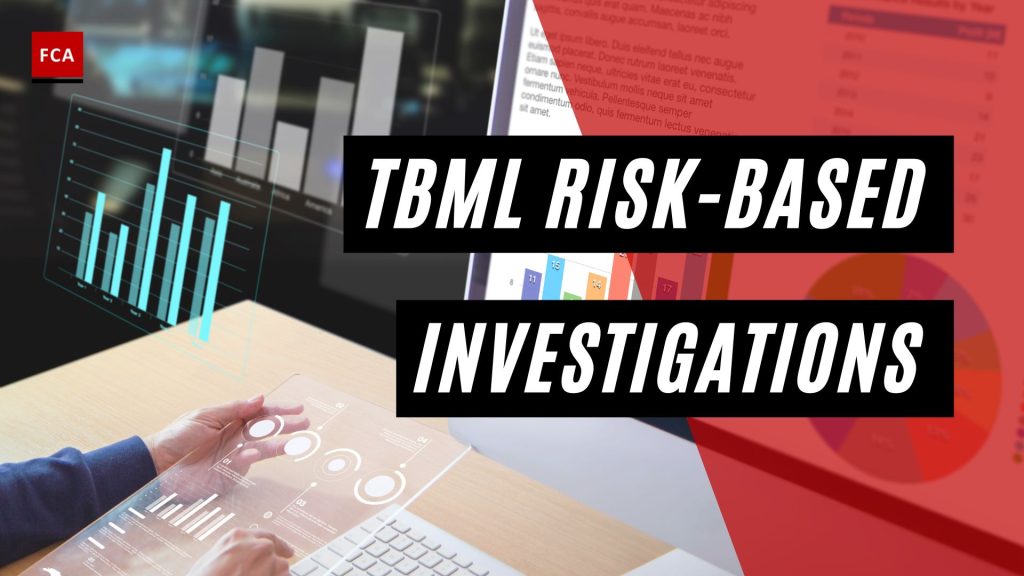The risk-based investigations of a trade-related suspicious transaction includes understanding the reported trade transaction, unattended risks, and analysis of the evidence and information gathered to form a conclusion.
Risk-based investigation of trade transactions includes the assessment of risks, especially the significant risks, that were not attended to or addressed by the institution’s internal policies, procedures, and controls. Trade-related ML/TF risk assessment is an ongoing process and it is to be performed before the investigation of potential or actual trade-related suspicious transactions or series of transactions.
The trade transaction investigation process involves the identification and understanding of risks and control lapses that caused the incident to occur. This requires gathering appropriate evidence and information, as a base to conclude the investigation process.

TBML Risk-Based Investigations
The investigation process also includes assessing the impact of the trade money laundering incident on the operations and compliance of the institution.
The Trade AML team is required to identify significant ML/TF risks related to the transaction under investigation, including understanding the nature and type of trade transaction, channels of the transaction, source of transaction, true beneficiaries of the transaction, and other stakeholders.
For an organization, ML/TF risks are potential incidents and events that could occur and influence the achievement of the organization’s core objectives and goals. ML/TF risk assessment is about understanding the nature of such potential incidents and events and, taking appropriate measures to address the threats posed by such potential risks.
Devising a risk-based investigation program helps the Trade Compliance team to perform a risk-based investigation and gather relevant evidence to conclude the process. The risk-based investigation process helps the Compliance team to focus on significant money laundering risks and incidents, and obtain the required information to support the conclusion. It helps institutions in saving the investigation time and cost and timely report the trade money laundering incident to the regulator.

Final Thoughts
Risk-based investigations are essential for dealing with trade-related suspicious transactions, highlighting overlooked risks and enabling effective analysis. Emphasizing these investigations ensures the efficient gathering of relevant evidence, timely reporting, and significant savings in time and cost.
The potential influence of ML/TF risks on an organization’s core objectives underlines the importance of understanding these threats and establishing measures to address them.
A structured risk-based investigation program not only focuses on significant money laundering risks but also enhances the efficiency of the compliance team. As our financial systems evolve, such proactive measures are critical for maintaining economic stability.








